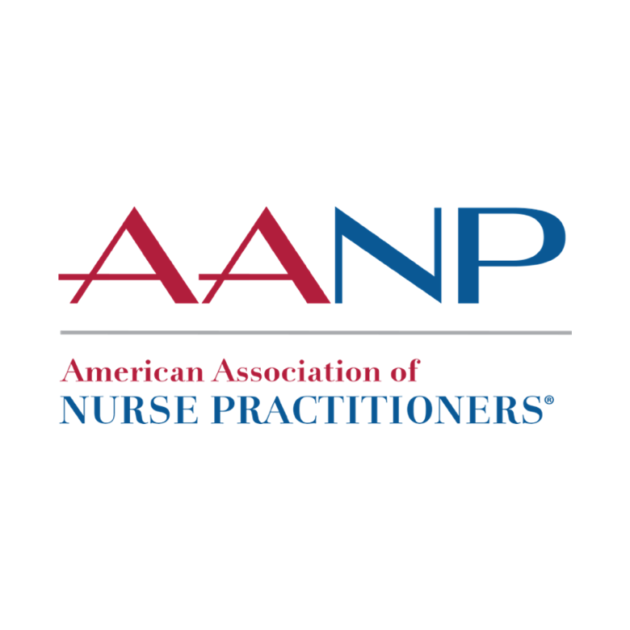- Joined
- Apr 12, 2016
- Messages
- 25
- Reaction score
- 16
As we know midlevels are increasing in every specialty, and there are threats to physicians as a whole due to various factors, including the recent executive order that includes a mandate for establishing pay parity for physicians and other providers as well as reducing "burdensome supervision requirements" for midlevels (Executive Order on Protecting and Improving Medicare for Our Nation's Seniors | The White House).
Obviously no one knows the future, but to me the writing seems to be on the wall that sooner rather than later, midlevels in medical fields will be able to make as much money as the physicians, and this will most likely drive physician compensation down (since I doubt hospitals will want to pay NPs 200-300K+). As someone trying to decide a field to go into for the next 35-40 years, this is a huge concern for me.
So the question is, with this looming threat, how serious is it for neurology specifically? I imagine things will be much worse off for internal medicine, family medicine, psychiatry, etc. But the small number of NPs I have met in neurology during my third year rotations were only comfortable seeing a couple disease processes that they felt knowledgeable about and never saw undifferentiated patients. I'm curious if anyone sees their scope increasing over time, or if their role will continue to be fairly limited compared to in internal medicine and supportive (seeing stable follow-up patients, etc.). I'm currently interested in stroke or epilepsy specifically.
Also, how are NPs incorporated into your current practice, and do you think having them actually helps you, or was it something that the hospital or group you work with forced upon you?
Obviously no one knows the future, but to me the writing seems to be on the wall that sooner rather than later, midlevels in medical fields will be able to make as much money as the physicians, and this will most likely drive physician compensation down (since I doubt hospitals will want to pay NPs 200-300K+). As someone trying to decide a field to go into for the next 35-40 years, this is a huge concern for me.
So the question is, with this looming threat, how serious is it for neurology specifically? I imagine things will be much worse off for internal medicine, family medicine, psychiatry, etc. But the small number of NPs I have met in neurology during my third year rotations were only comfortable seeing a couple disease processes that they felt knowledgeable about and never saw undifferentiated patients. I'm curious if anyone sees their scope increasing over time, or if their role will continue to be fairly limited compared to in internal medicine and supportive (seeing stable follow-up patients, etc.). I'm currently interested in stroke or epilepsy specifically.
Also, how are NPs incorporated into your current practice, and do you think having them actually helps you, or was it something that the hospital or group you work with forced upon you?

